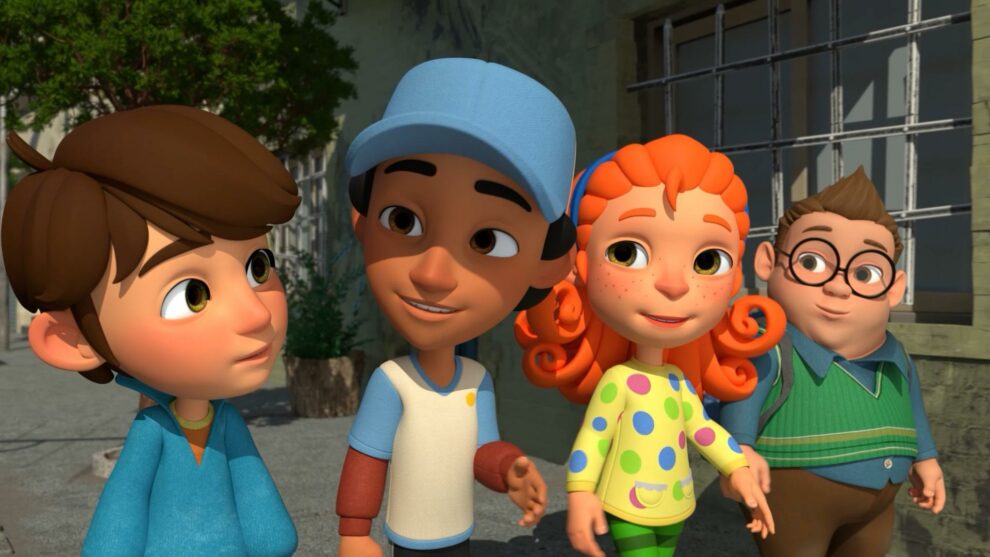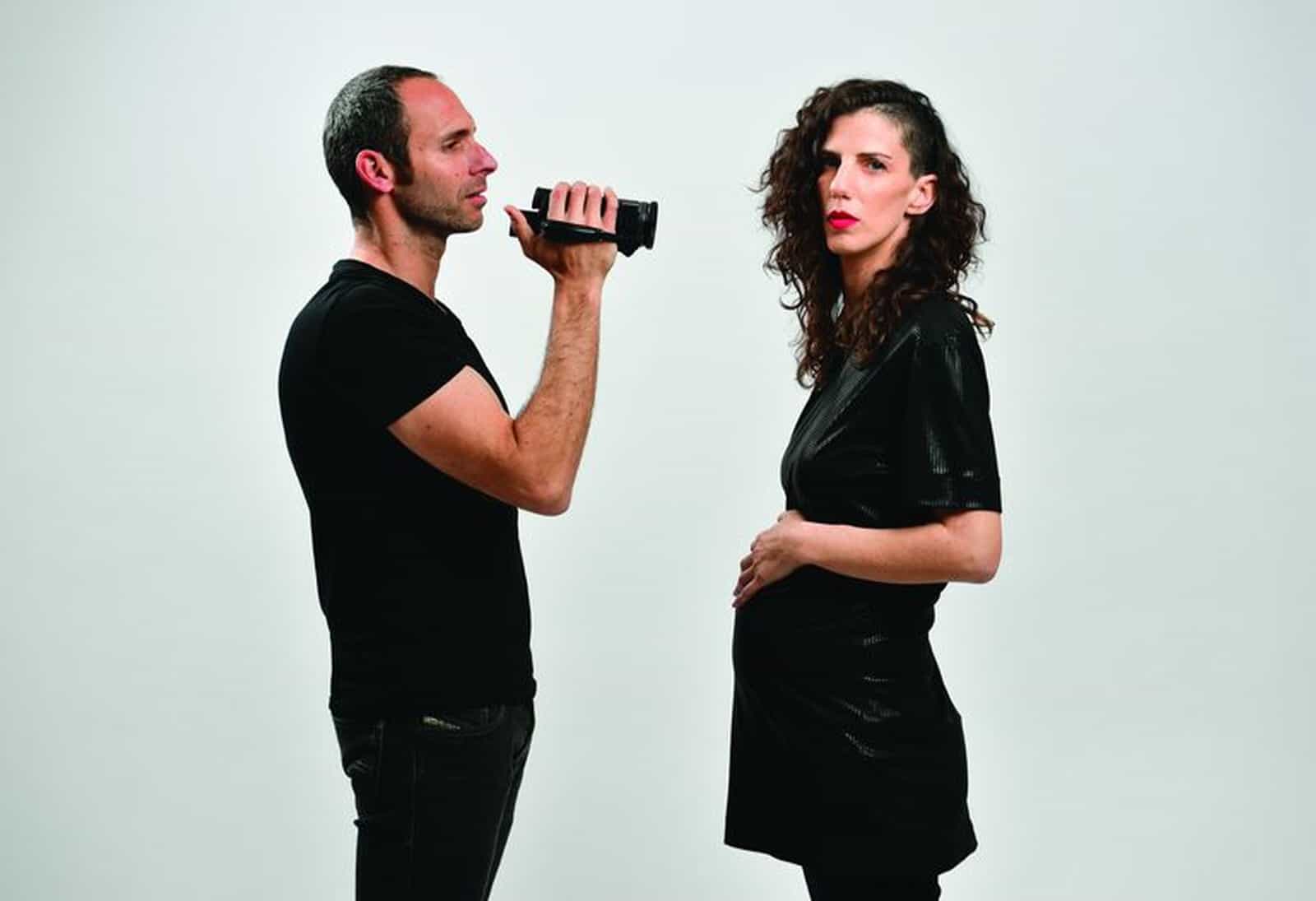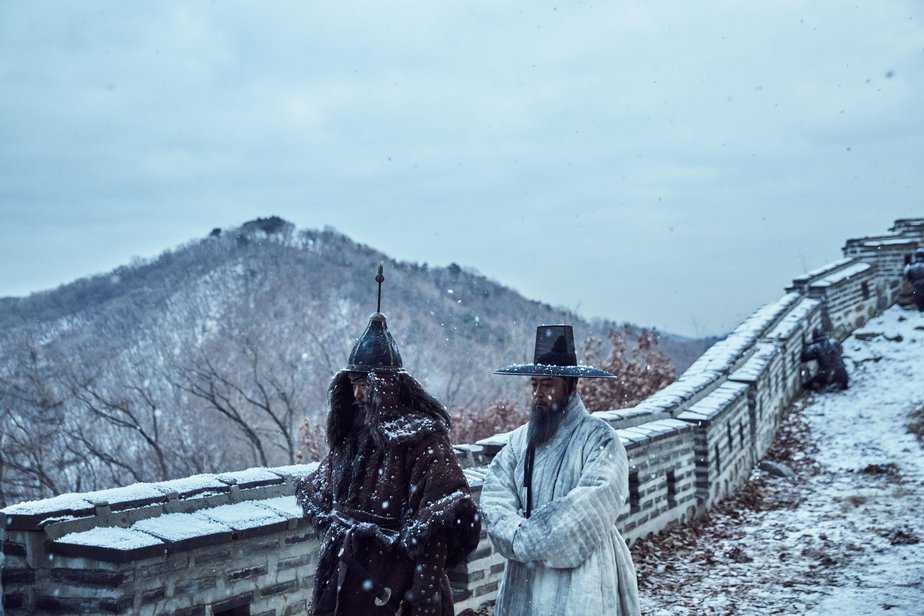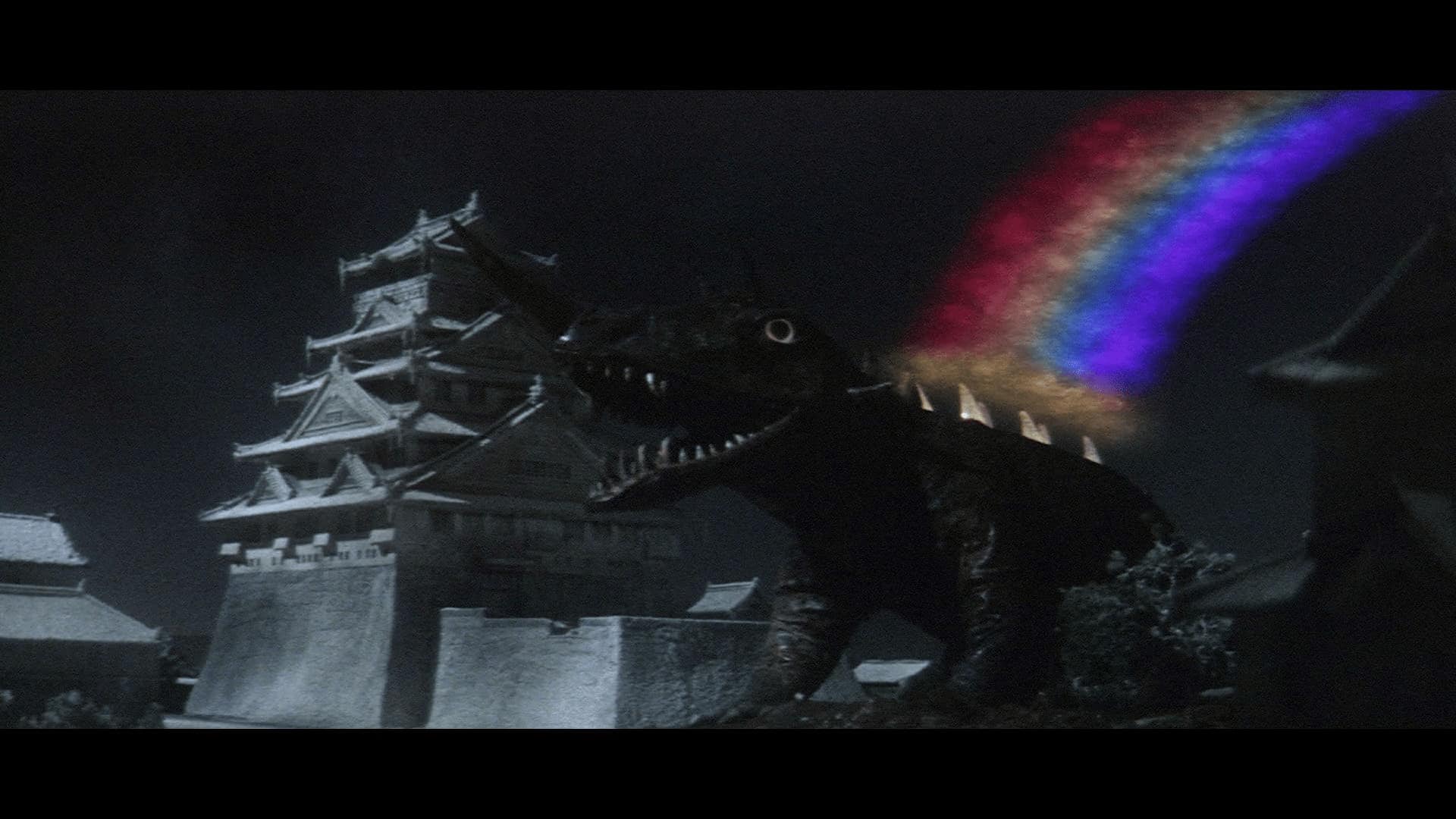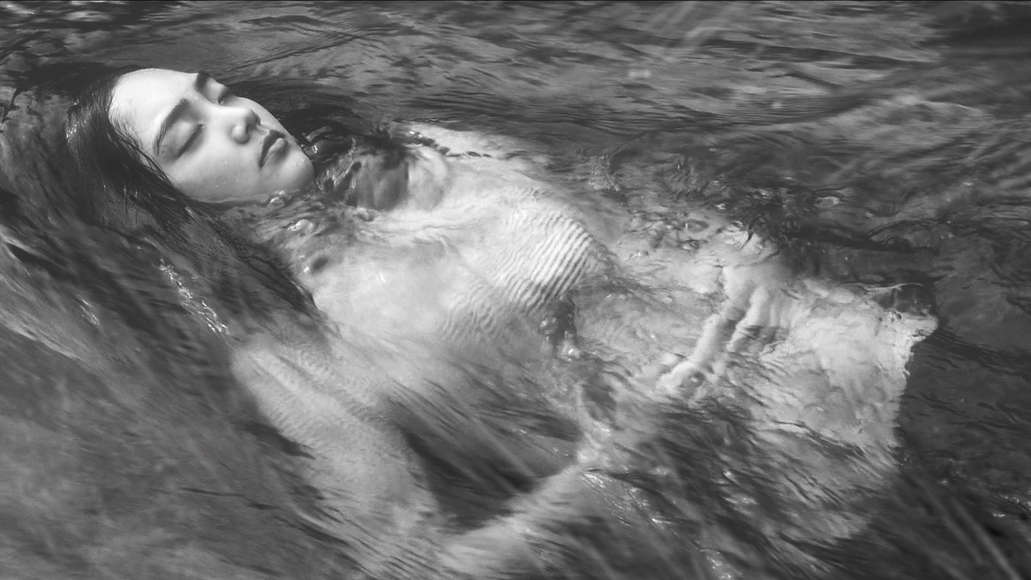It is not everyday that we get the opportunity to watch a film from Jordan, much less an animated one. Cynthia Madanat Sharaiha, however, managed to get “Saleem” out of the country's borders, as it is now screening at Annecy, at the Official Competition section.
“Saleem” is screening at Annecy Festival
After fleeing his war-torn city with his mother and two siblings, 9-year-old Saleem has trouble adapting to his new environment, and the fact that a couple of classmates are set to get him does not help at all. However, with the help of his teacher, some newly found friends, and his family, he gradually begins to find some balance in his life, while the discovery of a treasure gives a brush of adventure he seems to desperately need. Alas, moving beyond his issues is not that easy…
Although a children's movie in both narrative and aesthetics, “Saleem” actually deals with a number of rather dire issues, through an approach that can be described as didactic. How trauma affects people and particular children is a central one, which becomes much more intense in a setting such as that of the Middle East, where war seems to lurk in every corner, bringing with it loss and misery. The fact that the protagonist is a child that finds himself uprooted due to war, and the difficulties he faces adapting to his new environment, highlights this aspect in the most eloquent fashion. Furthermore, through the same aspect, Sharaiha seems to wish to open a dialogue about children's mental health and the way the people around them can help them overcome such issues, with the role of parents, children, and friends presented as the catalyst.
Apart from these, however, and probably in order to appeal more to children, the narrative here follows the “rules” of the fairy tale, with a protagonist with issues who takes on an adventure, learning much on his path, finally being able to overcome them and even emerging as a hero. In that fashion, the treasure hunt path can also be described as a type of road trip through various locations, where Saleem and his friends meet new people, all of which have something to offer to them in terms of knowledge. The discovery of the treasure cements this approach, intensifying the didactic approach of the movie. Various stories told throughout, mostly from the teacher but also from a fisherman, also move in the same direction, while adding one more narrative element, with the same applying to the songs heard in the movie. Lastly, a football match concludes the entertainment aspect of the movie, in an approach though that may have included a bit too many different elements, which also extend the duration of the film to a somewhat excessive 90 minutes.
Jonathan Reaux is in charge of the graphic design and the animation, and has come up with a character design where the focus is on the heads, which are disproportionately big compared to the bodies. The “trick” works however, as the effort to show the sentiments of the characters as mirrored in their faces is crowned with success, with the level of detail in the particular department being quite high. The animation, as mirrored in the moves of the characters, is not spectacular but also works, resulting in a nice flow for all of them. The vibrant and lively coloring, perfectly suited for a children's movie, also works here. However, it is in the background drawings where the film truly excels, showcasing images of the highest quality while maintaining an impressive sense of realism.
Despite the rawness of a number of its aspects, “Saleem” is definitely a hopeful effort at children's movies from Jordan, particularly since Sharaiha chose to include a number of dire comments in her narrative, thus also making it interesting for mature audience, to a point at least.


